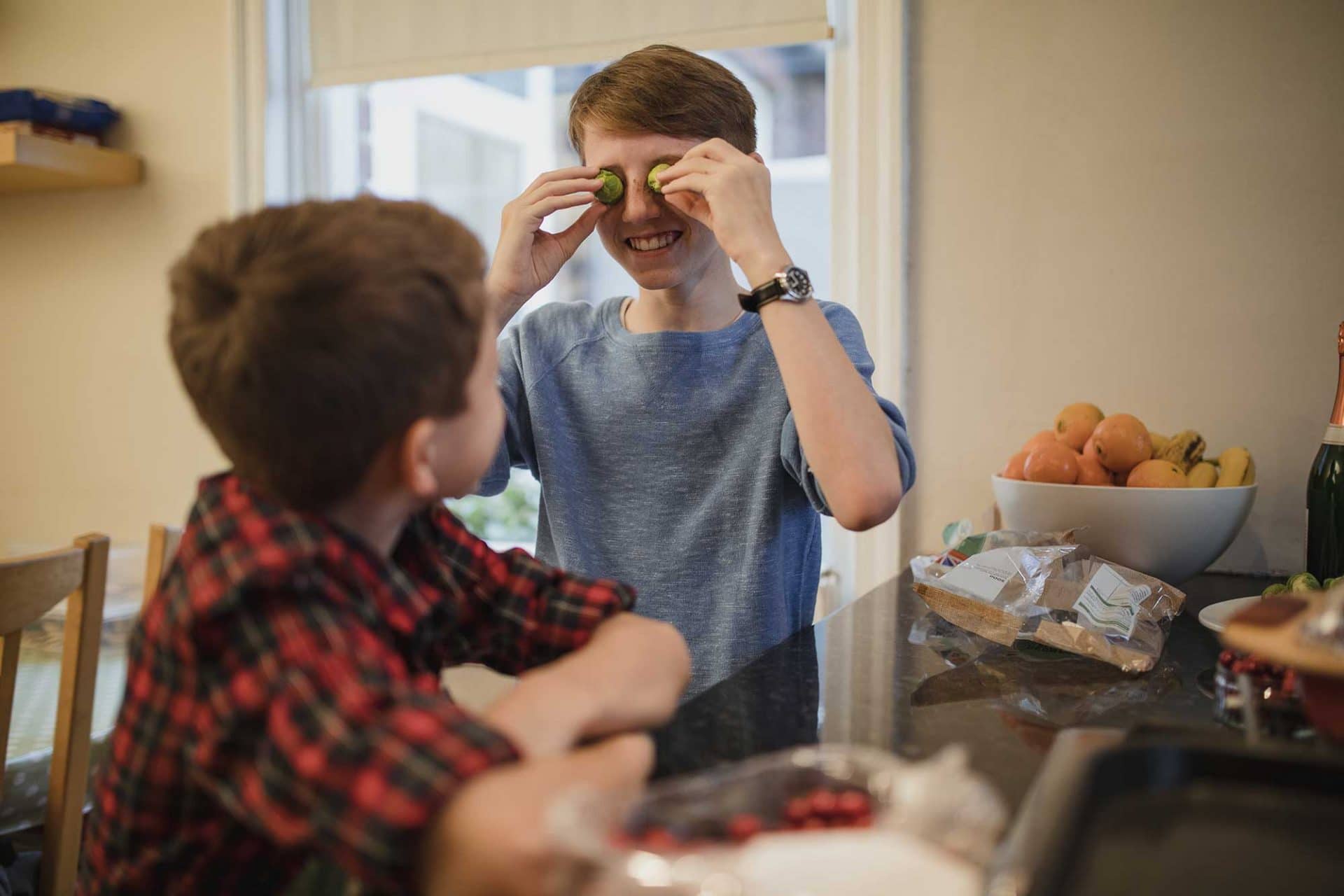Your Christmas vegetables could be giving you more than you bargained for, as new research has found that the famously unpopular brussels sprouts could actually help save your sight.
The tiny green vegetable has a bad reputation, but even if you’ve had a bad experience with them in the past, they’re worth giving another shot as not only are they good for your eye health, they are exceptionally rich sources of protein, dietary fibre, vitamins, minerals, and antioxidants as well, which can all boost your overall health.
Age-related Macular degeneration (AMD) is a progressive eye condition affecting millions around the world. The disease attacks the macula of the eye, where our sharpest central vision occurs. This is the vision we use to drive, read, recognise faces and perform daily tasks. It spares the peripheral vision (around the edges), leaving only dim images or black holes at the centre of vision.
Exposure to blue light, which includes the sun, digital devices, and artificial light can harm our eyes and lead to the development of AMD. Blue light has a higher frequency than red light, so vibrates with more energy, making it more hazardous to the eye.
The macula in your eye has a yellow pigment which naturally filters out harmful blue light. The yellow pigment is made up of lutein and zeaxanthin, which we get from, you guessed it – brussel sprouts.
A recent study from Harvard University revealed people who eat plenty of lutein and zeaxanthin are 40% less likely to get advanced age-related macular degeneration.
Lutein and zeaxanthin can be found in green leafy foods – Specifically brussels sprouts.There is 1.3mg of lutein and zeaxanthin per 100g. Yet, 7.8 million kilos of brussels sprouts are thrown away each Christmas. That’s the equivalent to 795 double decker buses!
Brussels sprouts are a part of the cruciferous vegetable family, which also includes the nutritional powerhouses kale, broccoli, cauliflower, cabbage, and collard greens, all of which supply loads of nutrients. Fill your plate with food like this below this Christmas:
- Kale (cooked from raw) 18.3mg
- Cress (raw) 12.5mg
- Spinach (raw) 12.5mg
- Peas (cooked from raw) 2.5mg
- Squash (cooked from raw) 2.2mg
- Asparagus (cooked from raw) 0.7mg
- Carrots (cooked from raw) 0.7mg
Give your eyesight the best chance of survival by eating a diet rich in lutein and zeaxanthin this Christmas.
Sources
Ready To See Clearly?
Focus has a 100% 20/20 vision success rate for all common short-sighted prescriptions using it’s A-LASIK technique.

